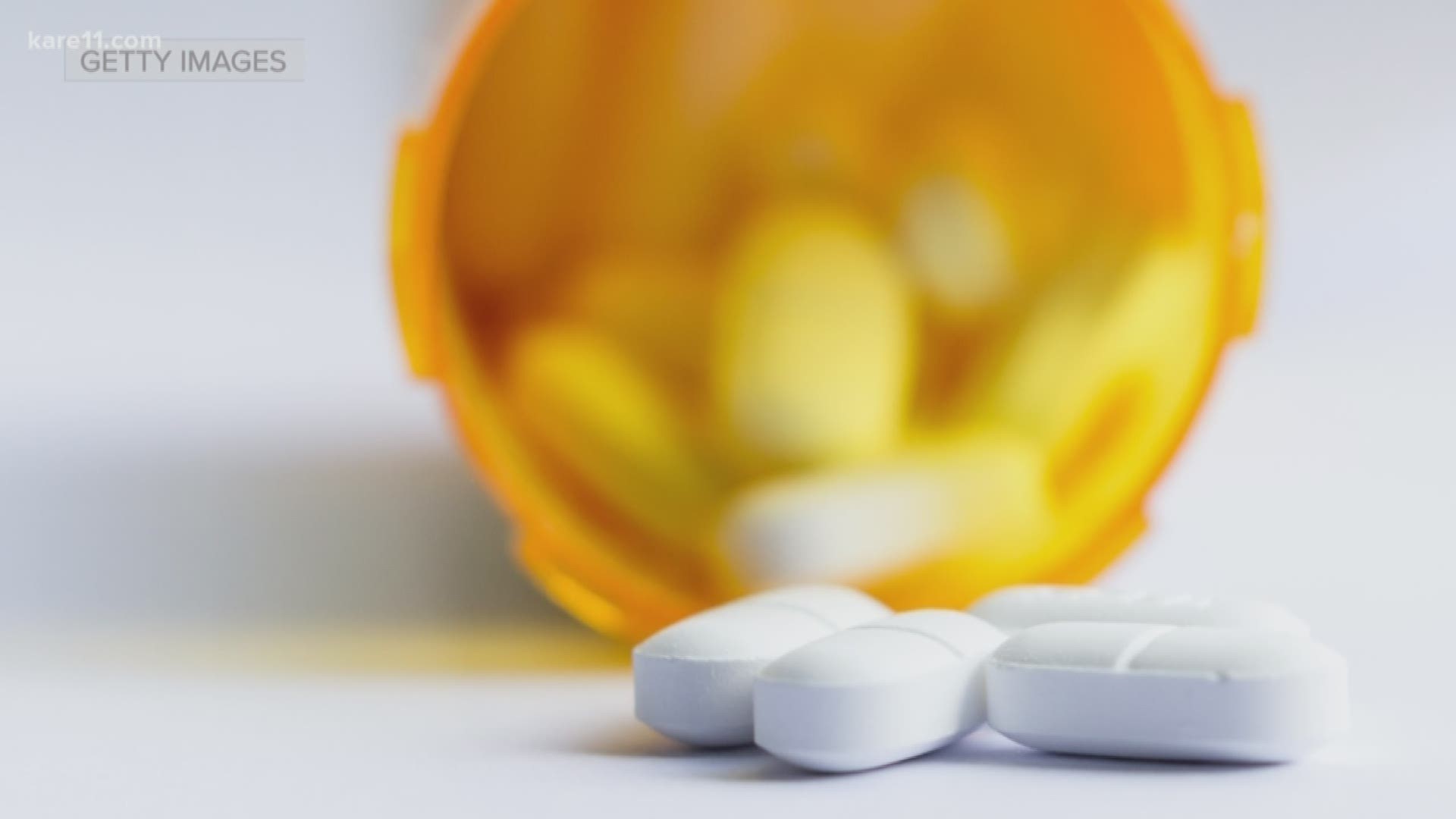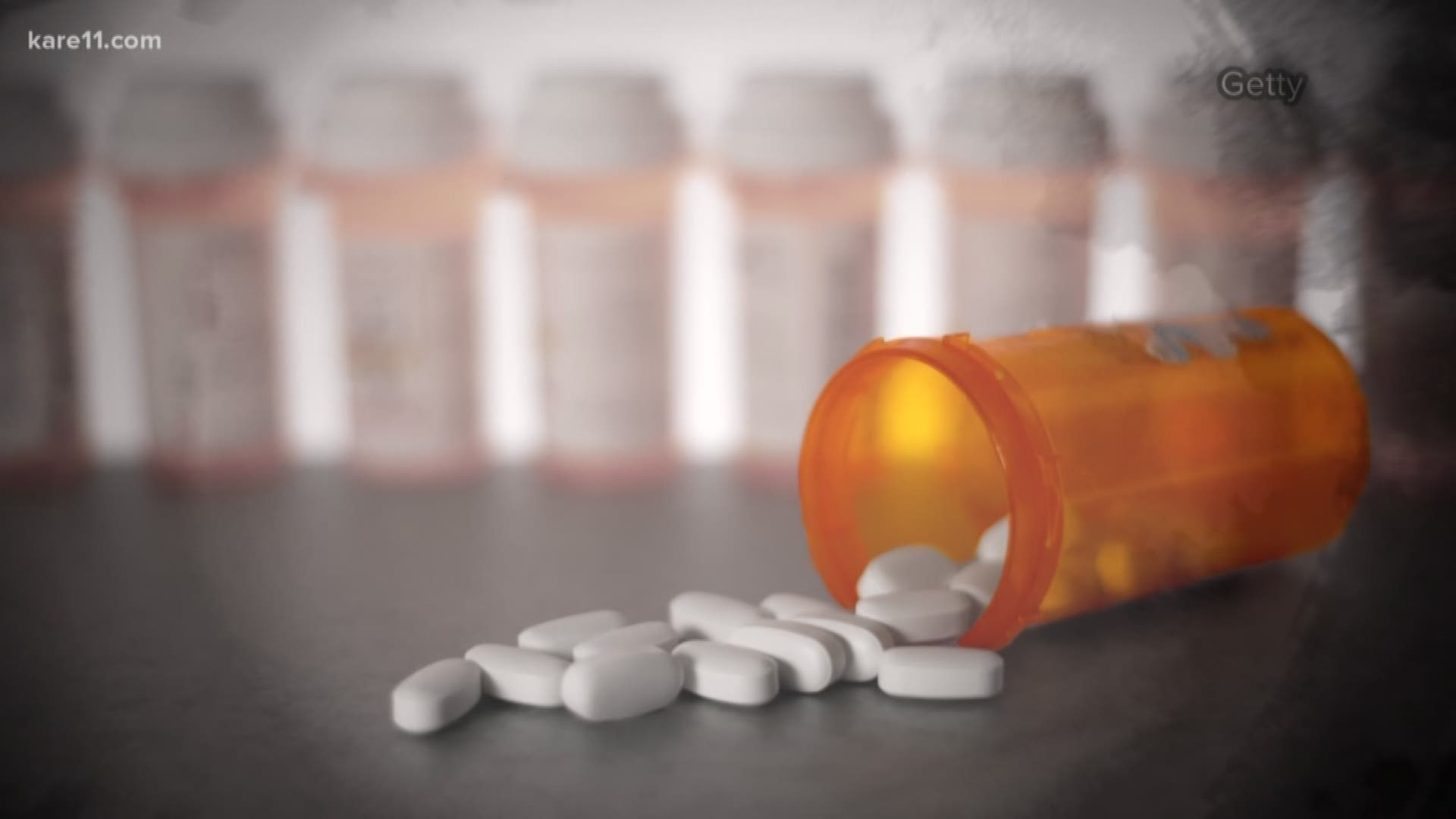SAINT PAUL, Minn. — Dr. Anne Pylkas, Medical Director of Substance Use Disorder Services at HealthPartners, knows the devastating effects opioids can have.
"We have people dying every day of overdoses," Dr. Pylkas says.
Dr. Pylkas works tirelessly to help people break their dependency.
"If you feel like you are addicted to opioids, you should not try to do it yourself. It's very, very difficult and there's lots of resources right now to help," she says.
Opioids are effective in treating acute pain after surgery or pain after a fall or broken bone, but they aren't prescribed much anymore for chronic pain.
"We've proven it doesn't work, we've proven that it's dangerous," says Dr. Pylkas.
Signs you have a dependency include an increase in tolerance, and if you suffer withdrawal symptoms when usage stops. Places like HealthPartners have trained people to help make it possible to break the addiction.
"There has to be a management strategy as we are coming down on the pills," Dr. Pylkas says. "Really what we do is we wean them very slowly. The length of time depends on their dose, depends on their age, depends on their risk."
As the patient is doing that, they also engage in treatments like physical therapy or occupational therapy to help manage their chronic pain. "We've made progress. Our death rate decreased, and I think one of the things we did particularly well, especially at HealthPartners, is we decreased the amount of opioids that are going out onto the street," says Dr. Pylkas.
If you feel you're struggling with an opioid use disorder, your first stop should be your family doctor. They should be able to point you in the right direction to find treatment.


